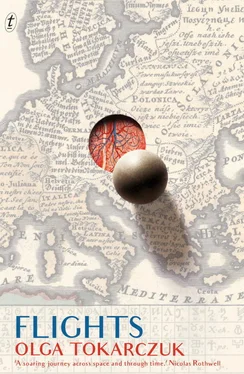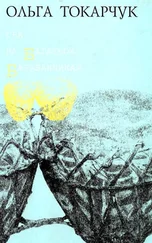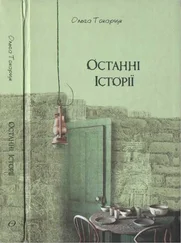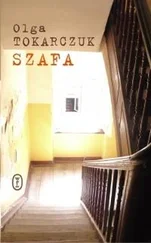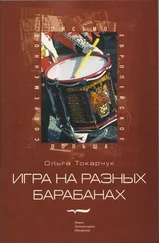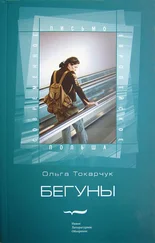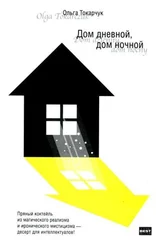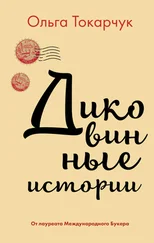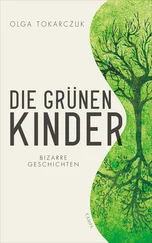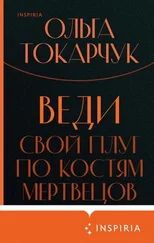Indeed, it is a good hotel with good rates, this one, perhaps a little bit in the middle of nowhere, and some distance from the main road, which in the winter gets buried in snow, but if one is travelling by car, it doesn’t really matter. You have to get off the motorway at the town of S. and go a few kilometres more along a regular road and then turn at G. onto a chestnut-lined avenue that leads to a gravel road. In the winter you have to leave your car by the last hydrant and walk the rest of the way.
TRAVEL PSYCHOLOGY: LECTIO BREVIS II
‘Ladies and gentlemen,’ began the woman, this time quite young, wearing army boots, her hair pinned up in a way I found amusing; she must have been fresh out of her master’s programme. ‘As we have said in previous lectures – which perhaps you have had a chance to listen to at one of the airports or train stations participating in this project – we experience time and space in a manner that is primarily unconscious. These are not categories we could call objective, or external. Our sense of space results from our ability to move. Our sense of time, meanwhile, is due to being biological individuals undergoing distinct and changing states. Time is thus nothing other than the flow of changes.
‘Place as an aspect of space pauses time. It is the momentary detainment of our perception on a configuration of objects. It is, in contradistinction to time, a static notion.
‘Understood thus, human time is divided into stages, as movement through space is broken up by place-pauses. Such pauses anchor us within the flow of time. A person who is sleeping and loses any sense of the place in which he or she currently is also loses all sense of time. The more pauses in space, and the more places we experience therefore, the more time elapses subjectively. We often refer to separate stages of time as episodes. They have no consequences, interrupting time without becoming part of it. They are self-contained occurrences, each starting from scratch; each beginning and each end is absolute. Not a single episode is to be continued, you might say.’
By now there was some movement in the first row, as in the murmuring of the announcements about passengers urgently requested someone here had recognized their name and was hurrying to gather carry-ons and duty-free sacks, jostling past their neighbours in that scramble. In a panic I checked my own boarding pass again, losing the thread of the lecture; it was a struggle to get back into this woman’s disquisition as she now embarked upon travel psychology’s practical side. She must have sensed we’d had enough of the strange and complicated theory.
‘Practical travel psychology investigates the metaphorical meaning of places. Just take a look at those screens with destinations on them. Have you ever stopped to think about what “Iceland” means? And what are the “United States”? What sort of response do you find within yourself when you pronounce those names? Asking yourself this type of question is particularly helpful in topographical psychoanalysis, where getting to the deeper meaning of places leads to deciphering the so-called itinerarium – the particular route of the traveller, that is, the deeper reason for his journey.
‘Topographical or travel psychoanalysis does not, despite surface similarities, pose the same question as immigration officials: what did you come here for? Our question raises issues of sense and meaning. In essence, one becomes what one participates in. In other words, I am what I look at.
‘And this was of course the reason behind the ancient pilgrimages. Striving towards – and reaching – a holy place would bestow holiness upon us, cleanse us of our sins. Does the same thing happen when we travel to unholy, sinful places? To sad and vacant places? Joyful, fruitful places?
‘And is it not so…’ continued the woman, but behind me two middle-aged couples were chatting in hushed voices, which for a moment seemed more interesting to me than the reflections of our lecturer.
I worked out quickly that it was two married couples exchanging impressions from their travels, one couple urging the other:
‘You have to go to Cuba – but the Cuba they’ve got now, under Fidel. When he dies, Cuba’s going to be the same as everywhere. But if you go right now you’ll see some incredible poverty – the kinds of cars they drive! You really have to get on it, though – apparently Fidel is pretty ill.’
The woman had finished the practical component of her lecture, meanwhile, and travellers were starting to pose timid questions, though they weren’t asking what they should have been. At least that’s how it felt to me. I didn’t have the courage to say anything myself, though, so I went over to a nearby restaurant to have some coffee. Congregated at its entrance was a group of people who turned out to be talking to one another in my language. I looked them up and down suspiciously – they looked so like me. Yes, those women could have been my sisters. So I found myself a seat that was as far away from them as possible, then ordered coffee.
I was far from pleased to be encountering compatriots in foreign lands. I pretended not to understand the sounds of my own language. I preferred to be anonymous. I watched them out of the corner of my eye and relished their unawareness of being understood. I observed them furtively, then disappeared.
A tired British man wistfully confessed to me he felt the same (‘I’m far from pleased when I encounter my compatriots in foreign lands’) as he drank yet another beer, watching clientele coming into the restaurant. I chatted with him for a bit, but we didn’t really have that much to say to another.
I finished my coffee and returned to where the lecture was, pretending I had to go soon, which I didn’t. I arrived in time for the last few discussions, as the determined lecturer woman was explaining something to the three listeners, those most enduring, gathered around her.
TRAVEL PSYCHOLOGY: CONCLUSION
‘We have seen, ladies and gentlemen, how selfhood has grown and gained a foothold, become increasingly distinct and affecting. Previously barely marked, prone to being blurred, subjugated to the collective. Imprisoned in the stays of roles, conventions, flattened in the press of traditions, subjugated to demands. Now it swells and annexes the world.
‘Once the gods were external, unavailable, from another world, and their apparent emissaries were angels and demons. But the human ego burst forth and swept the gods up and inside, furnished them a place somewhere between the hippocampus and the brain stem, between the pineal gland and Broca’s area. Only in this way can the gods survive – in the dark, quiet nooks of the human body, in the crevices of the brain, in the empty space between the synapses. This fascinating phenomenon is beginning to be studied by the fledgling discipline of travel psychotheology.
‘This growing process is more and more powerful – influencing reality is equally what we have invented and what we have not. Who else moves in the real? We know people who travel to Morocco through Bertolucci’s film, to Dublin through Joyce, to Tibet through a film about the Dalai Lama.
‘There is a certain well-known syndrome named after Stendhal in which one arrives in a place known from literature or art and experiences it so intensely that one grows weak or faints. There are those who boast they have discovered places totally unknown, and then we envy them for experiencing the truest reality even very fleetingly before that place, like all the rest, is absorbed by our minds.
‘Which is why we must ask, once more, insistently, the same question: where are they going, to what countries, to what places? Other countries have become an external complex, a knot of significations that a good topographical psychologist can unravel just like that, interpret on the spot.
Читать дальше
